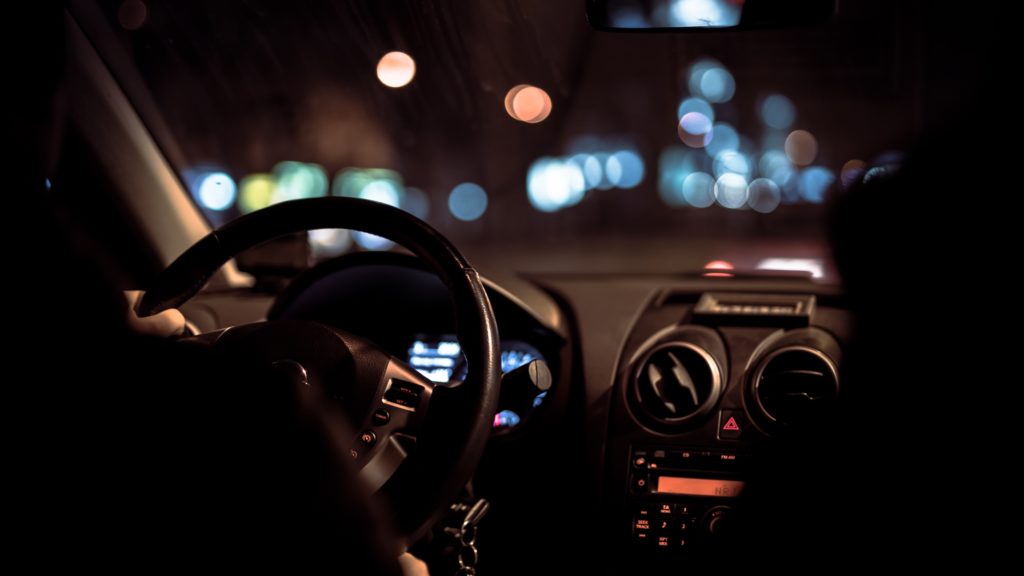The National Highway Traffic Safety Administration estimates that 100,000 police-reported motor vehicle crashes each year are caused primarily by drowsy driving. Those same crashes result in more than 1,550 deaths, 71,000 injuries, and $12.5 billion in monetary losses. Surveys conducted by the National Sleep Foundation have found that half of American adults consistently report that they have driven drowsy, and about 20% admit having fallen asleep behind the wheel in the previous year. As November 4-11 is “Drowsy Driving Prevention Week,” there is no better time to raise awareness about the issue, and the ways in which we can prevent it.

Like driving while under the influence of drugs or alcohol, drowsy driving is another form of impaired driving. Studies have shown that drivers who have been awake for more than 20 hours experience impairment equal to a blood alcohol concentration of 0.08, which is the legal limit in Virginia. In addition to the risk of actually falling asleep and losing control of your vehicle, drowsy driving causes delays in perception and reaction time, and results in poor judgment.
Awareness and Prevention
Some groups are at a heightened risk of falling asleep behind the wheel: young drivers, shift workers, commercial drivers, business travelers, and those with untreated sleep disorders. For individuals in these groups, as well as all drivers on the road, it is important to keep the following safety tips in mind.
- Do not drive if you have had any alcohol to drink, or are taking a medication that may cause drowsiness.
- If you are on the road and feel yourself becoming sleepy, don’t rely on the radio, an open window, or other tricks to keep you awake. Instead, pull over, take a nap, and try consuming caffeine to help increase alertness.
- Before long drives, always get a good night’s sleep, and travel with a friend if possible.
Drowsy Driving and Your Personal Injury Claim
As personal injury attorneys, we regularly see the damage that drowsy driving can cause to others on the roadway. If an individual falls asleep and therefore loses all control of their vehicle, the impact of the collision—and the resulting injuries—can be tremendous.
In a civil action in Virginia, if there is uncontroverted evidence that the defendant fell asleep, or she admits to having fallen asleep, then the defendant will be held negligent as a matter of law, unless she has evidence of circumstances which tend to exclude or justify falling asleep while driving.
If you have been the victim of a collision caused by drowsy driving, we are here to advocate on your behalf to obtain full and fair compensation for the damages you have incurred. Click here to get in touch.




